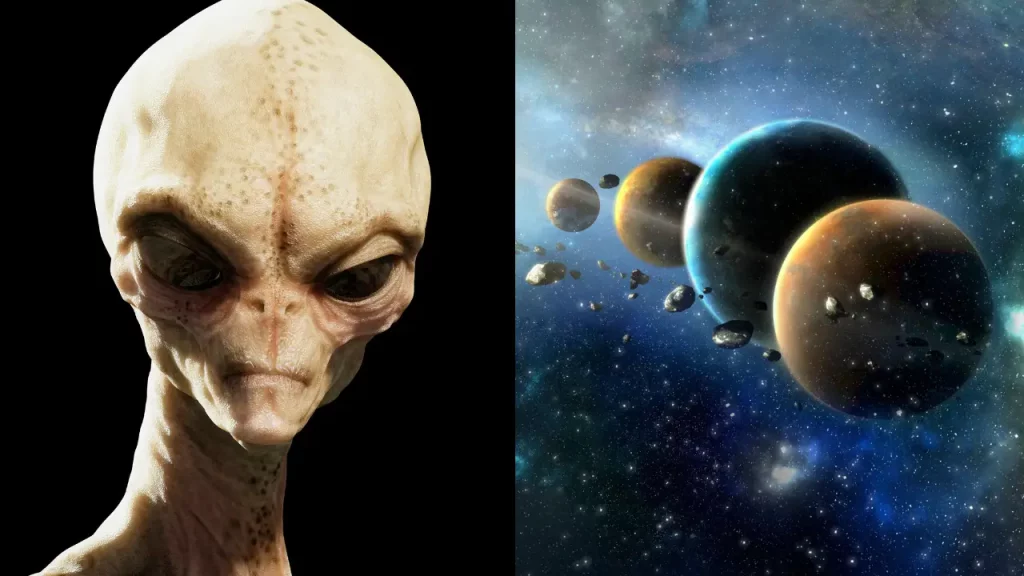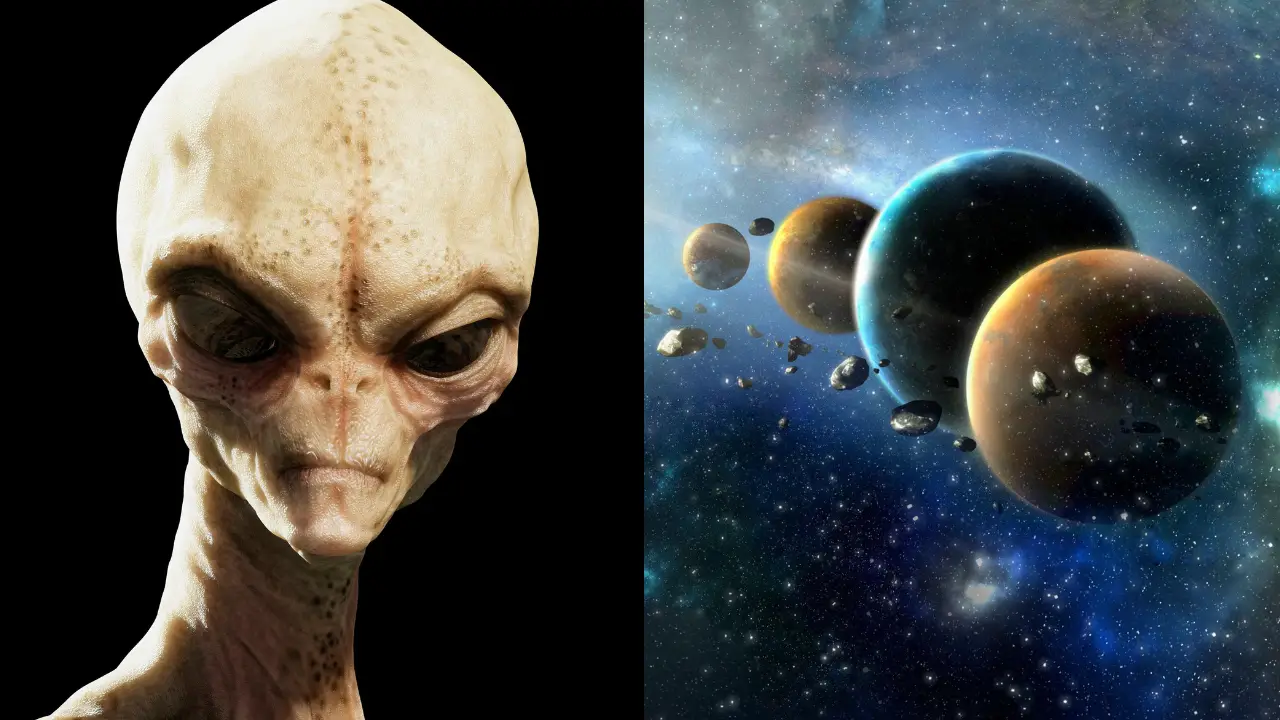Every time there is a chance of learning that we are not the only form of life in the galaxy, there is excitement.
Watch Our Video of the Week
Astronomers are devoting their lives to this, whether it’s investigating reported UFO sightings or finding something strange in our solar system.
Now, scientists are preparing to make for their next step, which involves locating aliens.
This week, the Juice satellite is scheduled to launch from the French Guiana Spaceport operated by Europe.
NASA CONFIRMS LAUNCH DATE TO ASTEROID THAT COULD MAKE EVERYONE ON EARTH A BILLIONAIRE
JUpiter ICy Moons Explorer is the name of the spacecraft, which will go to the Jovian system, home to the gas giant Jupiter, over an eight-year, 4.1 billion mile (6.6 billion km), journey.
It will arrive in 2031 and is expected to carry out 35 flybys of Jupiter and its three large ocean-bearing moons Callisto, Ganymede and Europa.
The spacecraft will utilise cutting-edge technology as it approaches the planets to explore, research, and check on the habitability of any nearby satellites.
By the end of 2034, when its flybys are finished, Juice will enter a permanent orbit around Ganymede.

The satellite features a “nuclear bunker” that will shield its electronics from radiation and can function on as little power as a hairdryer.
This will be one of the most daring space missions Europe have launched as it will be the closest it will ever be to those planets.
Dr Caroline Harper, head of space science at the UK Space Agency, says: “Juice will take us to a part of the solar system that we know relatively little about, to study Jupiter, our largest planet, and to investigate whether some of its icy moons are home to conditions that could support life.’”
INSIDE QUIETEST PLACE ON EARTH WHERE NO ONE HAS LASTED LONGER THAN 55 MINUTES
Due to the ocean of water that lies beneath its crust, which contains twice as much water as Earth, Europa appears to be the moon of Jupiter that is most likely to harbour extraterrestrial life.
Due to the harsh atmosphere surrounding the moon, which NASA estimates would at most destroy a spaceship in a few months, Juice will only be able to catch a brief view of it.
Speaking to the Daily Mail, Professor Andrew Coates says: “Of the Galilean satellites, Europa is the most likely [to have alien life] as the ocean is likely in contact with sand/rock according to models.
“Whereas at Ganymede and Callisto, the ocean floor would be ice due to lower temperature.”
You can watch the launch through ESA Web TV or the space agency’s YouTube channel from 12:45 BST.
















